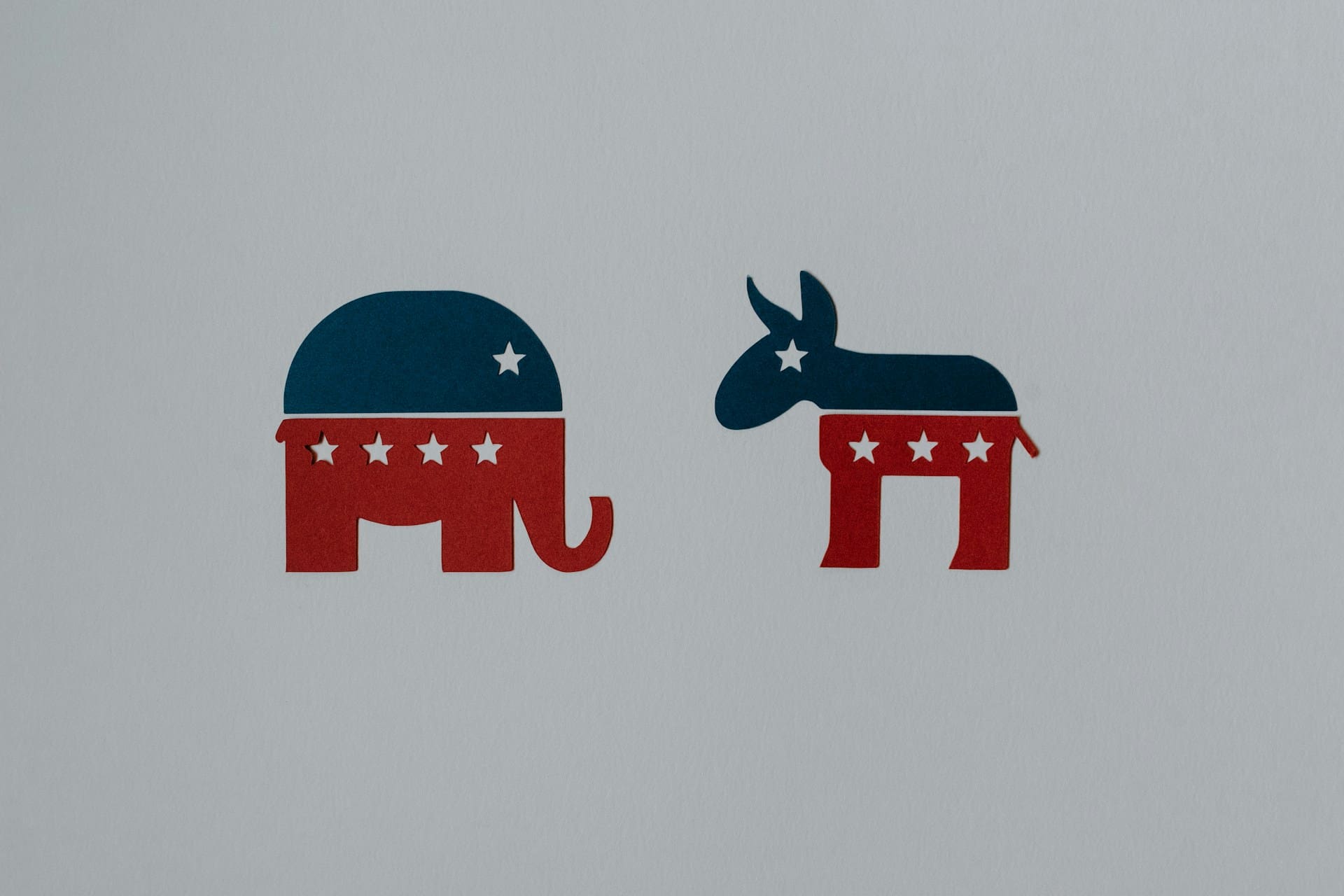By WIL ROBERTSON
See original post here.
Coming out of the COVID-19 pandemic, Canadians have considered the possibility of a guaranteed livable basic income for those living in poverty. Polling by Narrative Research in February of 2022 showed 60 per cent of Canadians supported the concept. In 2023 and 2024, motions have passed in dozens of municipalities across Canada calling for the implementation of a basic income.
The idea of a basic income is not new, of course. Over the years, the policy has been championed by many, including conservatives. Former Ontario premier John Robarts, former Nova Scotia premier and leader of the Progressive Conservative Party of Canada Robert Stanfield, former prime minister Brian Mulroney, and former Senator Hugh Segal all at one point called for the consideration of a guaranteed livable basic income (GLBI).
Wil Robertson is a basic income advocate with Basic Income New Brunswick, the Ontario Basic Income Network, Basic Income Ottawa, and Coalition Canada Basic Income. Photograph courtesy of Wil Robertson
More recently, the current deputy leader of the Conservative Party of Canada Melissa Lantsman said in an interview that “Conservatives can own” the concept of a basic income. This comes as the Progressive Conservative government of Prince Edward Island continues to ask the federal government to support a basic income demonstration project to test the policy across the province.
Additionally, the Canadian Chamber of Commerce has called for the policy to be considered further, and GLBI is supported by the Canadian Women’s Chamber of Commerce.
But why should Conservatives champion the concept of basic income?
Let us first be clear about what we’re talking about. A basic income proposed by Bill S-233, municipal motions, and many advocates is not a universal basic income. Rather, it is a basic income paid to those living below a certain level of the official poverty line. In PEI, the proposed GLBI would be paid to those at or below 85 per cent of the poverty line. In essence, a GLBI is meant to sustain the necessities of life for those in hardship, and not substitute employment. But in fact, in the randomized control trial experiments in the U.S. in the 1970s, the work hours of primary workers receiving a basic income actually increased.
The reality is this: food insecurity rates across Canada sit at roughly 20 per cent, while food bank usage has hit its highest levels since 1989—up 78.5 per cent from 2019 and 32.1 per cent from 2022. Seventeen per cent of food bank clients in 2022 were employed.
Meanwhile, the International Monetary Fund predicts that 40 per cent of global employment will be disrupted by artificial intelligence.
The very nature of poverty and food insecurity is changing in our country, alongside the expectations and understanding of employment. Add a cataclysmic shock to the labour market into the mix, like the rapid development of AI, and we could find ourselves in a social crisis far outstripping our current circumstances.
More importantly, the present social safety net is simply not prepared for the realities of tomorrow’s financial framework. Employment Insurance, and programmatic solutions created by the current government, while undeniably effective in their narrow scope, are not designed nor equipped to support the changing nature of labour and poverty our country is currently experiencing.
Enter Pierre Poilievre. A leader who established his reputation to Canadians early in seeing the looming crisis of inflation long before the government pivoted its policy or messaging to address the issue.
Conservatives have an opportunity to prepare the Canadian economy, labour market, and social policy framework for the radically different economic future that is rapidly approaching. Adapting to such a future is in the national interest, and the political interest of the Conservatives, with the cost of living, affordability, accessibility, the economy, and poverty/inequality all top issues in the minds of voters.
The Conservatives are likely to have a mandate in 2025 to reset the fiscal and social policy of the government. Should they wish to pursue a policy to set up the Canadian economy to withstand the labour shocks of the coming years, whilst having a negligible impact on labour participation rates, saving run-on costs in our health care and criminal justice systems, and slimming down spending into an efficient and reliable payment as opposed to a patchwork of tightly targeted and expensive programs, the CPC should look no further than a Guaranteed Livable Basic Income.
Conservatives can champion the concept of a basic income and leave our country better off in doing so.
Wil Robertson holds a BA in Great Books and Political Science from St. Thomas University and a Masters in Political Management from Carleton University. He is a basic income advocate with Basic Income New Brunswick, the Ontario Basic Income Network, Basic Income Ottawa, and Coalition Canada Basic Income. Wil is an analytical thinker, with a passion for promoting the sharing of our truths. He is proud to further the causes of social acceptance, sustainability, and justice.





















